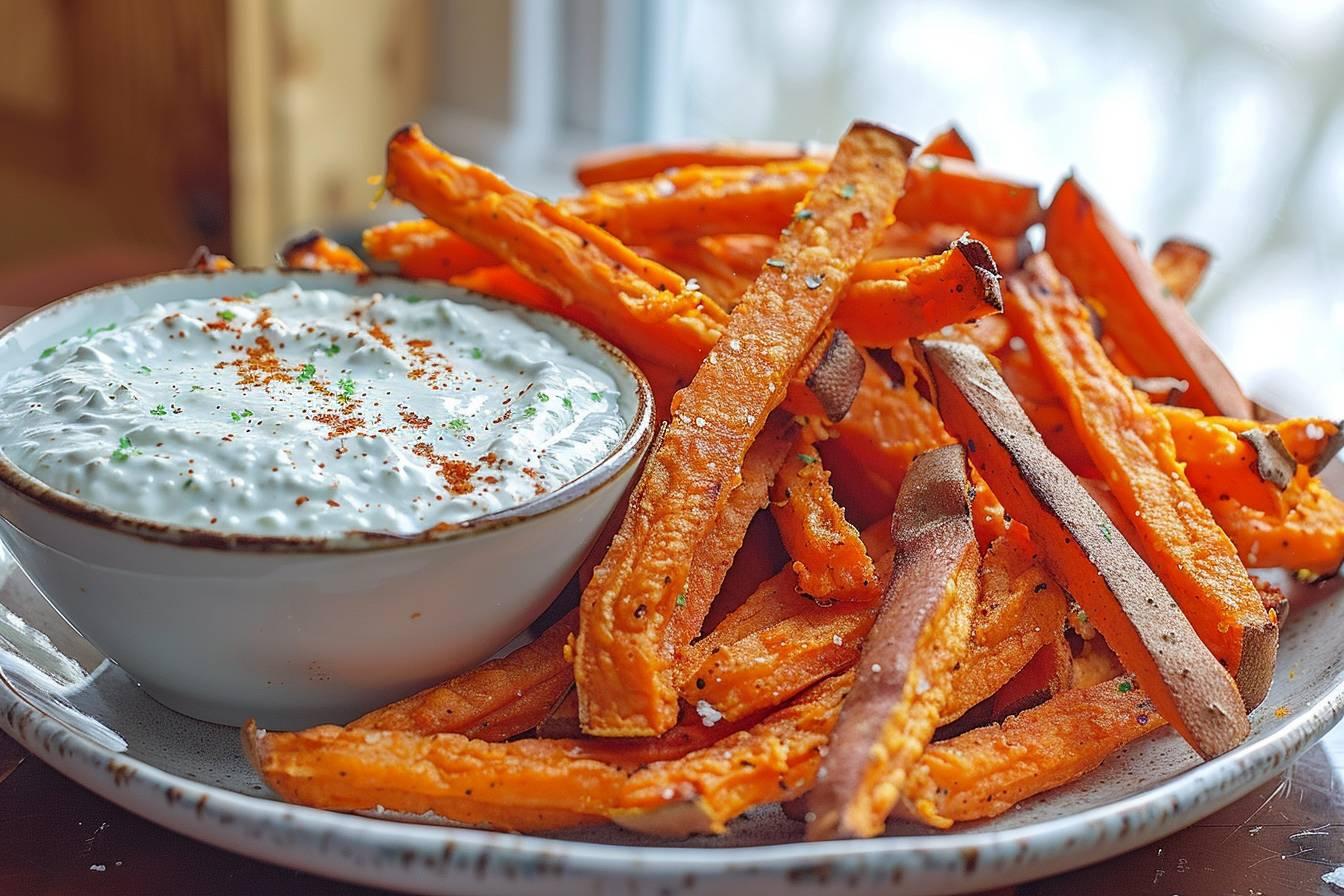Potatoes, often underestimated, are a nutritional powerhouse with surprising protein content and numerous health benefits. This article highlights :
- Protein content : A medium potato contains 3 grams of high-quality protein
- Nutritional benefits : Rich in vitamin C, potassium, fiber, and B vitamins
- Versatility : Can be prepared in various healthy ways, preserving nutritional value
- Considerations : Cooking methods and storage affect protein content and quality
Potatoes have long been a staple in diets worldwide, but their nutritional value is often underestimated. This humble tuber is not only a versatile ingredient but also packs a surprising protein punch. Let’s delve into the world of potato protein and discover why this starchy vegetable deserves a place in your balanced diet.
Potato nutrition highlights : Unveiling the protein powerhouse
When it comes to plant-based protein sources, potatoes might not be the first food that comes to mind. However, these underground gems offer more protein than you might expect. A medium-sized potato (5.3 oz) with skin contains approximately 3 grams of protein. While this may seem modest, it’s important to consider the quality of this protein.
Potato protein is considered high-quality, boasting a biological value between 90 and 100. This puts it on par with egg protein, which is often regarded as the gold standard of protein sources. The main protein found in potatoes is called patatin, and it contains essential amino acids in proportions similar to human requirements.
Here’s a breakdown of potato protein content :
- Fresh potatoes : 1-2% protein
- Dry weight : 8-9% protein
- Potato skin : Contains about half of the total protein
It’s worth noting that potatoes contain more protein than most other vegetables, with the exception of dried beans. This makes them an excellent choice for those looking to increase their plant-based protein intake.
The facts about potato protein : Benefits and considerations
Potato protein offers several benefits that make it a valuable addition to your diet. Here are some key facts to consider :
- Complete protein source : Potato protein contains all 9 essential amino acids, making it a complete protein.
- Muscle protein synthesis : Studies have shown that potato protein isolate can increase muscle protein synthesis rates.
- Weight management : Potato protein may help with weight management by increasing satiety and suppressing appetite, thanks to a compound called Proteinase inhibitor 2 (PI2).
- Plant-based option : As a plant-based protein, potato protein can be part of a healthy, sustainable diet.
When incorporating potatoes into your diet for their protein content, it’s essential to consider preparation methods. Baking or microwaving potatoes with the skin on preserves more protein than boiling. Additionally, cooling potatoes after cooking may increase resistant starch, which can improve protein metabolism.
It’s important to note that fried potato products like french fries and chips have altered protein content and quality. For optimal nutritional benefits, stick to healthier cooking methods.

Potatoes as a nutrient-dense snacking option
Beyond their protein content, potatoes offer a range of other nutrients that contribute to their status as a nutritional powerhouse. Let’s explore why potatoes can be an excellent choice for nutrient-dense snacking :
| Nutrient | Benefits |
|---|---|
| Vitamin C | Supports immune function and acts as an antioxidant |
| Potassium | Helps regulate blood pressure and supports heart health |
| Fiber | Aids digestion and promotes feelings of fullness |
| B vitamins | Support energy metabolism and nervous system function |
When choosing potatoes as a snack, consider preparing them in healthier ways such as baking, roasting, or air frying. These methods can help preserve the nutritional value while still providing a satisfying and delicious treat.
For those following a gluten-free diet, potatoes are an excellent option. They are naturally gluten-free and can be used as a versatile base for many dishes, from mashed potatoes to potato-based crusts for quiches or pizzas.
Understanding potato protein : From field to plate
To fully appreciate the protein content in potatoes, it’s helpful to understand how it’s measured and affected by various factors. The nitrogen-to-protein conversion factor for potato protein is approximately 6.24, which is used to calculate the protein content based on the nitrogen present in the potato.
Several factors can influence the protein content and quality in potatoes :
- Growing conditions : Soil quality, climate, and farming practices can affect protein levels.
- Potato variety : Different varieties may have slightly different protein contents.
- Storage conditions : Proper storage helps maintain nutritional value, including protein content.
- Cooking methods : As mentioned earlier, some cooking methods preserve protein better than others.
It’s worth noting that while potatoes are generally safe to consume, there are a few considerations to keep in mind. Potato sprouts and green parts may contain higher levels of toxic glycoalkaloids that can affect protein quality and overall safety. Always remove these parts before cooking and consuming potatoes.
Potato allergies, while rare, can occur due to reactions to potato proteins like patatin. If you suspect a potato allergy, consult with a healthcare professional for proper diagnosis and guidance.
In conclusion, the protein content in potatoes is a testament to their nutritional value. By incorporating potatoes into a balanced diet and preparing them using healthy methods, you can harness the power of this unexpected protein source. Whether you’re looking to increase your plant-based protein intake or simply enjoy a nutritious and satisfying meal, potatoes offer a versatile and delicious option that shouldn’t be overlooked.
